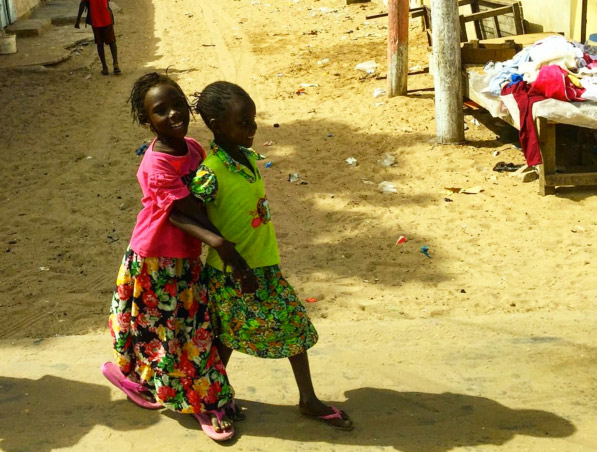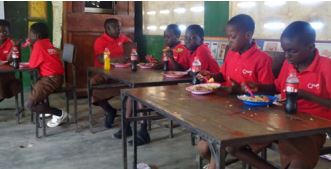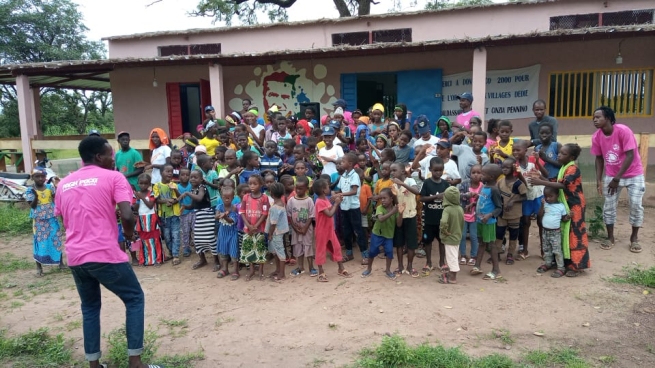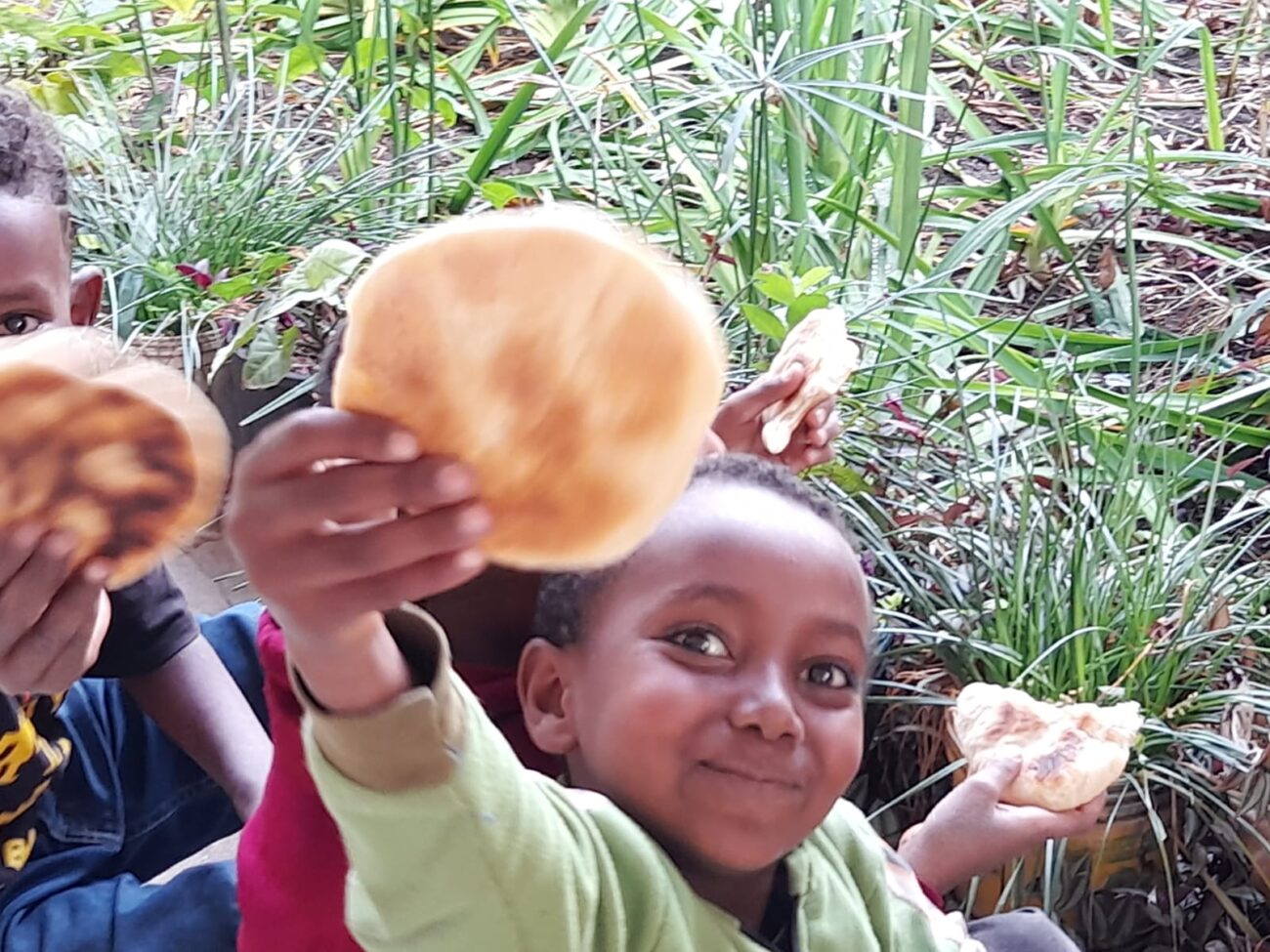ITALY: Stop Human Trafficking Campaign is Helping to Prevent Exploitation and Abuse

(MissionNewswire) In October 2015, Salesian missionaries in Italy kicked off a Stop Human Trafficking Campaign to raise awareness of the dangers of youth migration. With a focus on youth leaving countries in Africa in search of a better life in Europe, the campaign aims to prevent young migrants from becoming victims of crime and exploitation. The campaign is part of an initiative promoted by the Salesian-run International Voluntary Service for Development and the Don Bosco Mission Association in Turin, Italy.
By providing analysis and research on the real reasons for migration, informing potential migrants about the risks of the journey and the real chances of success and giving individual guidance to those who want to leave, the campaign is working to deter young people from leaving countries where people are most at risk of human trafficking such as Senegal, the Ivory Coast, Ethiopia and Ghana. In collaboration with Salesian missionaries in Africa, the campaign will also raise funds to help with program development in targeted countries in Africa.
The campaign has already found success in Senegal after research there showed that nearly 40 percent of youth leaving the country are leaving in search of better educational opportunities. Funds raised through the campaign are helping to provide scholarships to students in Senegal so they are able to access educational opportunities within their own country.
Salesian missionaries developed the campaign to meet the needs of the migrant youth who enter their programs in Europe and in Africa. In 2014, the United Nations Office on Drugs and Crime (UNODC) produced A Global Report on Trafficking in Persons which offered the first global assessment of the scope of human trafficking and what is being done to combat it. Based on data gathered from 155 countries, the report shows that more than 1.2 million children worldwide are victims of child trafficking which accounts for just over 20 percent of all trafficking victims. In some parts of Africa, children make up the majority of trafficking victims and in parts of West Africa, children account for nearly 100 percent of trafficking victims.
The report also notes that close to 80 percent of human trafficking is for sexual exploitation with the victims being predominantly women and girls. A surprising finding from the report is that in nearly 30 percent of the countries assessed, women make up the largest portion of traffickers. The second most common form of human trafficking, accounting for 19 percent, is forced labor. Although, research notes that this may be underrepresented because forced labor is frequently harder to detect than trafficking for sexual exploitation.
“From awareness programs in communities to radio programs, the Stop Human Trafficking campaign is utilizing a number of different methods to reach its audience,” says Father Mark Hyde, executive director of Salesian Missions the U.S. development arm of the Salesians of Don Bosco. “The campaign is also using real stories of young people who have returned home after having been victims of human trafficking, which has been quite effective.”
Since the launch of the Don Bosco Child Protection Center in Ghana in 2014, Salesian missionaries have been providing residential services and educational programs to victims of child trafficking. As part of the campaign, the center is also providing information on the risks of illegal migration including interviews with children who survived their migrant journey and returned home, videos, radio programs and local newspaper stories in addition to sponsoring forums, films and debates in rural areas.
“This campaign has been successful in reaching thousands of youth and creating awareness of the many forms of fraud, trafficking and exploitation facing those who venture on such migrant voyages while at the same time giving information on the possibilities for development that exist in these countries,” adds Fr. Hyde.
###
Sources:




